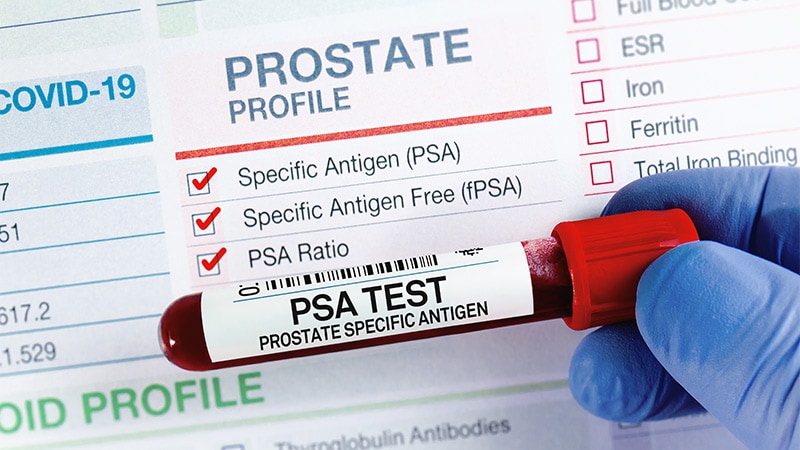Preliminary Findings from the Finnish ProScreen Trial: A Three-Phase Screening Protocol for Improved Prostate Cancer Detection
The study presents preliminary findings from the Finnish ProScreen randomized clinical trial, which assessed a three-phase screening protocol for prostate cancer detection. The protocol involves:
- Initial PSA test
- Four-kallikrein panel for those with PSA ≥ 3.0 ng/mL to identify high-grade prostate cancer
- MRI scan for those with a high kallikrein panel risk score (≥ 7.5%), followed by targeted biopsies
The study randomized 60,745 men aged 50-63 years, with 15,201 invited to the screening protocol and 45,544 in the control group.
Among the 7,744 men who agreed to screening (51% of the invited group):
- 209 (2.7%) underwent targeted biopsies
- 136 biopsies (65%) detected cancer, including 32 low-grade and 128 high-grade prostate cancers
Compared to the control group, the screening protocol led to the detection of:
- 1 additional low-grade prostate cancer per 909 men invited
- 1 additional high-grade prostate cancer per 196 men invited
The authors note these results are descriptive and should be interpreted provisionally, pending the trial's primary outcomes on prostate cancer mortality.
Personalizar Resumo
Reescrever com IA
Gerar Citações
Traduzir Fonte
Para outro idioma
Gerar Mapa Mental
do conteúdo fonte
Visitar Fonte
www.medscape.com
New Screening Protocol May Improve Prostate Cancer Detection
Principais Insights Extraídos De
by Sharon Worce... às www.medscape.com 04-19-2024
https://www.medscape.com/viewarticle/new-screening-protocol-may-improve-prostate-cancer-detection-2024a10007m5
Perguntas Mais Profundas
